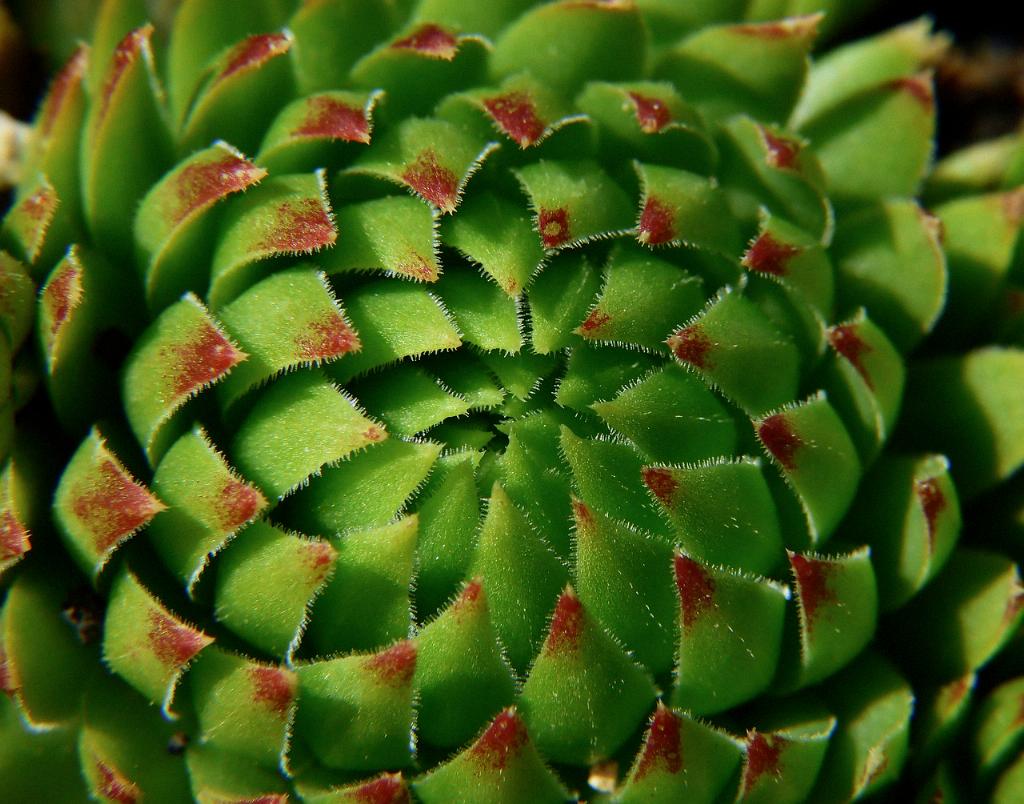Deer are known for their herbivorous diet, primarily feasting on plants in their natural habitats. While succulents may not be their first choice, these resilient desert plants are not entirely safe from deer browsing. Let’s delve deeper into the intriguing interplay between deer and succulents to understand whether or not deer will partake in these water-storing plants.
The Herbivorous Nature of Deer
Deer are herbivores, creatures that rely on plants as their primary source of nutrition. Their diets typically consist of grass, leaves, shrubs, and other vegetation found in forests, meadows, and fields. Succulents, with their fleshy leaves and water-retaining capabilities, are not a typical part of a deer’s diet.
Occasional Culinary Curiosity
Although succulents may not be a deer’s preferred meal, these animals are known to exhibit culinary curiosity. If deer find themselves in an environment where succulents are present, they may take a nibble out of curiosity or scarcity of other food sources.
Succulents as a Last Resort
For deer, succulents may serve as a last resort food option when other lush vegetation is scarce or during times of drought. While not a significant part of their diet, succulents can provide deer with some level of sustenance in challenging environmental conditions.
Deer and Succulent Damage
When deer do decide to indulge in succulents, it can lead to varying degrees of damage to these plants. Deer may strip leaves, damage stems, or uproot succulents in their quest for nourishment. This can be a concern for succulent enthusiasts looking to protect their prized plants.
Protecting Succulents from Deer
To safeguard succulents from potential deer munching, various strategies can be employed. Fencing off succulent gardens, using repellents with scents unappealing to deer, and planting deer-resistant species alongside succulents can help deter these herbivores from snacking on your plants.
Understanding Deer Behavior
Deer behavior can play a significant role in determining whether succulents are at risk of being consumed. Factors such as the abundance of natural food sources, deer population density, and environmental conditions can influence deer’s willingness to explore alternative food options like succulents.
The Allure of Succulents
Despite succulents not being a staple in a deer’s diet, the unique appearance and texture of these plants can pique the interest of these herbivores. Their fleshy leaves and water-storing capabilities may attract deer looking for a source of moisture or unconventional food choices.
Cultivating Deer-Resistant Gardens
For individuals living in areas frequented by deer, cultivating deer-resistant gardens can help minimize the chances of succulent damage. Choosing plants that deer find unappealing, creating physical barriers, and employing scare tactics can create a deer-proof garden sanctuary.
Balancing Nature and Conservation
While deer and succulents may interact in the wild, finding a balance between nature and conservation is essential. Respecting the natural behaviors of deer while protecting precious succulent species can coexist through thoughtful gardening practices and wildlife management techniques.
Observing Nature’s Intricacies
As we observe the intricate dance between deer and succulents, we gain a deeper appreciation for the interconnectedness of nature. The occasional nibble by deer serves as a reminder of the adaptability and resilience of both plant and animal species in navigating their shared ecosystems.
Conclusion
In conclusion, while deer may not actively seek out succulents as a primary food source, these resilient plants are not entirely immune to deer browsing. By understanding deer behavior, implementing protective measures, and fostering a harmonious relationship between wildlife and succulents, we can cultivate thriving gardens that coexist with the natural world around us.

